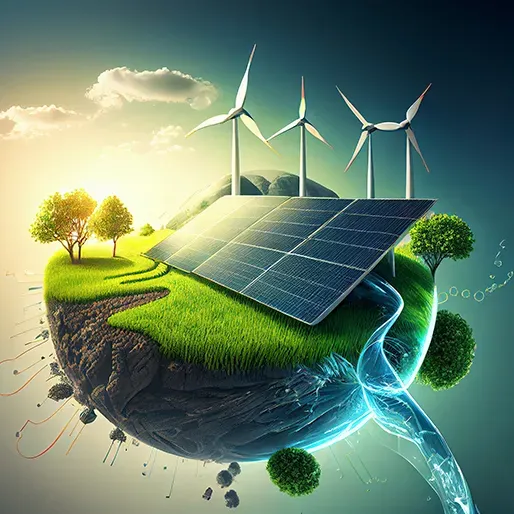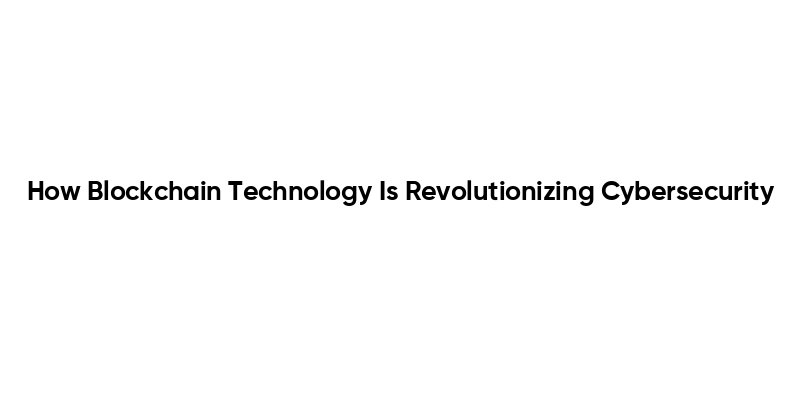Sustainable technology stands at the core of modern progress, pairing ambitious ideas with practical results that matter to daily life. From smarter buildings to cleaner energy, it blends efficiency, renewables, and responsible stewardship to reduce environmental footprints while supporting growth. This approach is powered by green innovations that redefine how industries operate, with eco-friendly technology guiding design, manufacturing, and consumption toward lighter footprints. As communities adopt energy-efficient technology and embrace green tech trends, they unlock cost savings, resilience, and healthier ecosystems. Sustainable tech solutions turn ambitious sustainability goals into practical realities for homes, workplaces, and cities alike.
To frame the idea from another angle, consider terms like green tech, eco-friendly technologies, and low-carbon innovations that point toward smarter, more sustainable systems. LSI-friendly phrases such as circular economy, energy performance optimization, and durable, repairable design broaden the vocabulary while keeping the focus on reducing waste and emissions. Readers encounter references to renewable energy systems, smart infrastructure, and data-driven efficiency measures as natural cousins to the core concept. By emphasizing modular design, lifecycle thinking, and scalable deployment, stakeholders can align innovation with environmental goals while delivering tangible value. In this way, the language mirrors the real-world shifts across buildings, transport, and industry toward cleaner, more resilient technology.
Sustainable Technology: Harnessing Green Innovations for a Resilient Future
Sustainable technology blends design, materials, and systems thinking to reduce the life-cycle impact of products, processes, and services. By prioritizing energy efficiency, renewables, and responsible stewardship, it aligns with green innovations—solar, advanced materials, smarter energy systems—and delivers eco-friendly technology across buildings, transportation, and consumer devices. The result is sustainable tech solutions that maintain performance while minimizing resource use and environmental footprint.
In practice, this approach means designing products to last longer, be repairable, and easy to recycle; building infrastructures that integrate on-site renewables; and cities that deploy smart sensors and controls for real-time energy optimization. Energy-efficient technology and intelligent systems enable data-driven decisions that reduce waste, lower emissions, and cut operating costs, a clear reflection of the ongoing green tech trends shaping modern industry and society.
Beyond Basics: Real-World Applications of Sustainable Tech Solutions
Green innovations are visible in modular, energy-saving devices; circular economy models; and processes that shrink emissions across the supply chain. Energy storage technologies, including advanced batteries and thermal storage, support higher penetration of solar and wind by smoothing fluctuations, reinforcing sustainable tech solutions for power grids, utilities, and homes.
Within buildings and fleets, eco-friendly technology manifests in high-efficiency HVAC systems, LED lighting, smart controls, and repairable device designs that extend lifespans and reduce resource draw. Transportation advances—electric vehicles, improved battery chemistry, and smarter charging—combine with data analytics and AI to align mobility with clean energy supply, illustrating how green innovations and energy-efficient technology co-create a more sustainable everyday experience.
Frequently Asked Questions
How does sustainable technology reduce energy use and environmental impact in buildings and workplaces?
Sustainable technology lowers energy demand and emissions by adopting energy-efficient technology, smart building controls, and eco-friendly design. Through high‑efficiency HVAC, LED lighting, regenerative systems, and components built for durability and repairability, facilities waste less energy and resources while maintaining performance. Lifecycle thinking—durability, recyclability, and modular upgrades—helps ensure long-term sustainability across the built environment.
What are the current green tech trends driving sustainable tech solutions for cities and transportation?
Key green tech trends include AI-powered energy management, energy storage, microgrids, and electrification of transport. Green innovations in materials, circular economy practices, and smart mobility enable cleaner grids, lower emissions, and more resilient urban systems. These eco-friendly technology advances support practical applications from smart city infrastructure to efficient freight and public transit.
| Topic | Key Points |
|---|---|
| What is Sustainable Technology? | Foundational approach blending efficiency, renewables, and responsible stewardship to reduce environmental footprint while sustaining economic vitality. |
| The Promise | Lifecycle thinking (inputs, operation, end-of-life) with benefits across environmental protection, economic efficiency, and social well-being. |
| Green Innovations in Practice | Solar and advanced energy systems, smart grids, energy storage; eco-friendly design across buildings, transportation, and consumer electronics; longer-lasting, repairable, recyclable products. |
| Energy-Efficient Technology and Smart Systems | Focus on insulation, efficient windows, lighting, energy-efficient appliances; IoT sensors, ML for usage optimization; smart thermostats and intelligent building management. |
| Role of Industry, Policy, and Investment | Policy incentives and standards; financing via green bonds and energy-as-a-service; transparent corporate sustainability and reporting. |
| Case Studies and Real-World Applications | City-scale LED lighting, microgrids with solar + storage, water reuse; circular economy in manufacturing; smart homes aligning with clean energy to reduce energy use and emissions. |
| Challenges and Opportunities | Upfront costs and supply chain complexities; pace of change; need for upskilling; standards, certifications, and financing tools to manage costs and realize long-term gains. |
| Future Trends | AI-enabled energy management, circular economy expansion, electrification, microgrids and distributed energy resources, and rising consumer demand for eco-friendly technology. |
| Conclusion (Summary) | Holistic overview of sustainable technology’s impact across sectors and the importance of collaboration to drive a cleaner, resilient economy. |



